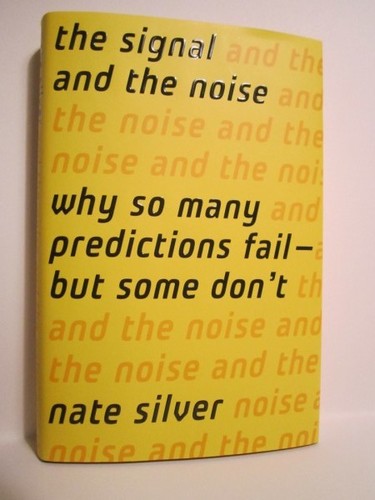Employee Tracking Data and the Inevitable Pushback
Last week I had a piece about the development of a new set of technologies that are effectively designed to collect, aggregate, synthesize, and help management interpret every interaction, activity, and action that employees take in the workplace. The idea being that this ocean of data about employee activity - who they meet with, for how long, how many emails they send and to whom, even how often and where they take smoke/coffee/Instagram breaks - can be mashed up with other more traditional workplace measurements about productivity, revenue, performance reviews, etc. to arrive at a more enlightened if not optimal set of recommendations, (and possibly rules) to optimize work and worker activity.
Of course collecting this level and type of data about employee activity, if it indeed catches on in the workplace, will inevitably collide with employee notions about privacy first, and then once most if not all employees accede to this nature of data collection, (perhaps under threat as a condition of employment), to concerns about the 'fair' or proper interpretation of the data. What employee actions and activities are 'good' or 'beneficial' to overall performance of the organization as opposed to the individual's own performance will also be a bone of contention - it really is a big data version of the classic 'results vs. how those results are obtained' conundrum.
It is hard to say how these issues will develop in traditional workplaces, but to catch a glimpse of how it might work out, (and the potential for management vs. employee conflict), I naturally look to the world of sports, in this case NBA basketball. In the league these days the collection and use of more and more advanced statistics and data about player and team performance are changing the way teams and fans evaluate player performance and attempt to optimize the use of their talent to improve results.
The specific example I want to call out is about David Lee of the Golden State Warriors. By traditional and historical measures, (points, rebounds, assists), Lee is a superior player - as evidenced by his selection to the NBA All-Star team earlier this season. But to those who closely observe the league, and supplemented by more advanced statistical and player movement video technology, Lee's poor play on defense all but cancels out his fine offensive performance - essentially rendering him about an average player on balance.
Lee, to his credit, admits his defensive play has not always been stellar, but his comments about the recent attention being placed on the use of newer data sets and analyses to question his overall contribution is interesting and perhaps a bit instructive -
“At this point I could care less. I’ve worked hard to improve my defense. I think I’m a much better defensive player today than I was a year ago and definitely to start my career. There’s a lot of different numbers to support a lot of different things. You can’t have it both ways. You can’t say me putting up 20 and 10 doesn’t matter because ‘numbers don’t matter,’ but at the same time, ‘charts at MIT matter.’ You can’t have it both ways.”
And that part of the quote in bold above - 'You can't have it both ways' - is really at the heart of the problem for the Big Data in the workplace movement as it marches inexorably into the future, (and as in the NBA, the present), of the workplace.
Having more data about employees doesn't necessarily make us any smarter or able to understand that data, and how it might be applied to improve workplace performance. And it definitely doesn't make us any wiser as to how to handle the inevitable employee pushback when our interpretation of performance, backed with the data we think is important, doesn't align with theirs.
With more data we can tell more stories, but we can also find data to justify any story we want to be heard.
David Lee wants us to emphasize the data the paints him in an All-Star light - 20 points and 10 rebounds a night. His detractors want to point out that he is an ineffective interior defensive player - and can point to a new, hardly understood set of charts and graphs to back that up.
The truth is probably somewhere in between, along with one other truth - more data about your employees probably won't make your job as a Talent pro any easier.
Have a great week!

 Steve
Steve



